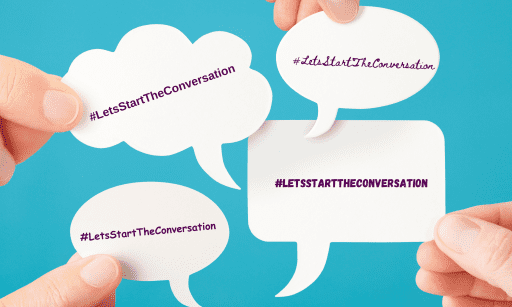Finding a job can be challenging for various reasons, and understanding these factors can help you navigate the job market more effectively. Here are some common reasons why job hunting can be difficult:
Competitive Job Market
High Competition: Many qualified candidates may be applying for the same positions, making it harder to stand out.
Economic Factors: Economic downturns, recessions, or slow industry growth can reduce the number of available jobs.
Mismatch of Skills and Jobs
Skill Gaps: Your skills and experiences may not perfectly match the requirements of the available jobs.
Evolving Job Requirements: Industries and job roles evolve rapidly, and staying current with the latest skills and technologies can be challenging.
Lack of Experience
Entry-Level Barriers: Many positions require experience, making it difficult for recent graduates or career changers to enter certain fields.
Catch-22: You need experience to get a job, but you need a job to gain experience.
Networking Challenges
Limited Network: Not having a strong professional network can limit your job opportunities, as many jobs are filled through referrals.
Networking Skills: Effectively networking and leveraging connections is a skill that some job seekers may find difficult.
Geographic Constraints
Location: The job market can vary significantly by location, and opportunities in your area might be limited.
Relocation: Moving to a new city or country for a job can be daunting and not always feasible.
Job Search Strategies
Ineffective Applications: Sending generic resumes and cover letters that don’t align well with job requirements can reduce your chances.
Online Applications: Many applications go through automated systems (ATS) that can filter out resumes that don’t meet specific criteria.
Economic and Industry Trends
Industry Decline: Some industries may be shrinking or undergoing transformation, reducing the number of jobs.
Technological Changes: Automation and technology can eliminate certain job roles while creating new ones that require different skills.
Personal Factors
Confidence: Lack of confidence or fear of rejection can hinder your job search efforts.
Time Management: Job searching is time-consuming and can be difficult to balance with other responsibilities.
Recruitment Practices
Hiring Delays: Companies may have long hiring processes with multiple stages, causing delays and uncertainty.
Bias: Unconscious bias in hiring processes can impact your chances, especially if you belong to an underrepresented group.
Economic and Social Factors
Pandemics and Crises: Events like the COVID-19 pandemic can severely impact job availability and hiring practices.
Societal Changes: Social and economic shifts, such as remote work trends, can change how and where jobs are available.
Strategies to Overcome Job Search Challenges
Skill Development: Continuously update and expand your skills to match industry demands.
Networking: Actively network through professional associations, online platforms, and industry events.
Tailored Applications: Customise your resume and cover letter for each job application to align closely with job requirements.
Use Multiple Channels: Utilise various job search channels, including job boards like Back To Work Connect, company websites, recruitment agencies, and social media.
Seek Feedback: Ask for feedback on your resume, cover letter, and interview performance to improve.
Stay Persistent: Job searching can take time, so stay persistent and keep a positive attitude.
Career Services: Utilise career counselling services offered by universities, professional organizations, or career coaches.
By understanding the challenges and actively working to address them, you can improve your chances of finding a suitable job.
Keep up to date with the latest Returner Friendly employers, upskilling & retraining opportunities by joining our platform HERE
Sign up to our newsletter & job alert today and never miss the ideal opportunity again ! Sign up HERE




